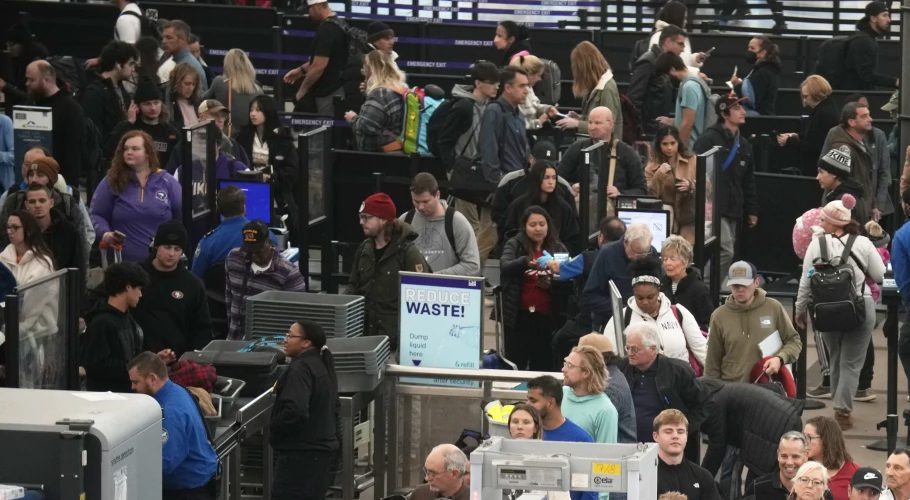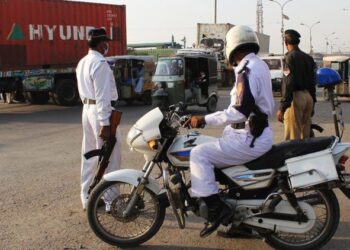Despite inflation and memories of past holiday travel meltdowns, millions of people are expected to hit airports and highways in record numbers over the Thanksgiving break.
The busiest days to fly will be Tuesday and Wednesday as well as the Sunday after Thanksgiving. The Transportation Security Administration expects to screen 2.6 million passengers on Tuesday and 2.7 million passengers on Wednesday. Sunday will draw the largest crowds with an estimated 2.9 million passengers, which would narrowly eclipse a record set on June 30.
And while misery loves company, there are some steps travelers can take to improve the experience:
Most travelers — more than 49 million — are expected to drive to their Thanksgiving destinations. Traffic is anticipated to peak on Wednesday, the day before the holiday. The worst time to be on the road will be between 2 p.m. and 6 p.m. that day, according to INRIX, a transportation data and insights provider.
Also read: How many turkeys are expected to be consumed this Thanksgiving?
Not only will traffic jams slow you down, they can result in crashes caused by distracted drivers, said Megan Jones, senior actuary at Arity, another company that analyzes mobility data.
Road trips with children pose additional challenges, including breaking up backseat fights and keeping carsickness at bay.
While those traveling on Thanksgiving Day might be tempted to hold off on meals or snacks given they are headed to a feast, that could be a bad move, said Dr. Mona Amin, a pediatrician and parenting coach.
“An empty stomach can make symptoms of nausea worse, so make sure anybody prone to carsickness has a satiated belly and is hydrated,” she said.
Additional tips include avoiding screen time, opening the windows for fresh air and having the child look at the horizon.
“Sometimes, messes may happen,” she said. “Stay calm in your voice and tone and reassure them.”
Meanwhile, about 4.7 million people are expected to fly during the Thanksgiving travel period, according to AAA. That’s an increase of 6.6% compared to 2022 and the highest number since 2005. When it comes to air travel, Sheryl Skaggs, a sociology professor at the University of Texas at Dallas, said a little empathy goes a long way.
“Go in with the mindset that the planes are likely to be incredibly crowded,” she said. “Seasoned fliers are more attuned to that and prepared for that, but you have so many other people that aren’t necessarily regular fliers that are going to be traveling over the Thanksgiving holiday.”
She urged travelers to be tolerant and understanding, rather than taking issue with crying babies or picking a fight over reclining seats.
“This isn’t particularly comfortable for anyone,” she said. “But if you show respect to other people, that can also have a chain reaction.”
Skaggs co-authored a study published earlier this year exploring nearly 1,000 incidents of passenger misconduct on airplanes over a 20-year period. Consumption of alcohol was a significant contributor to misconduct, which the study defined as behavior that was abusive or unruly, antagonized others or compromised the safety of flights.


































